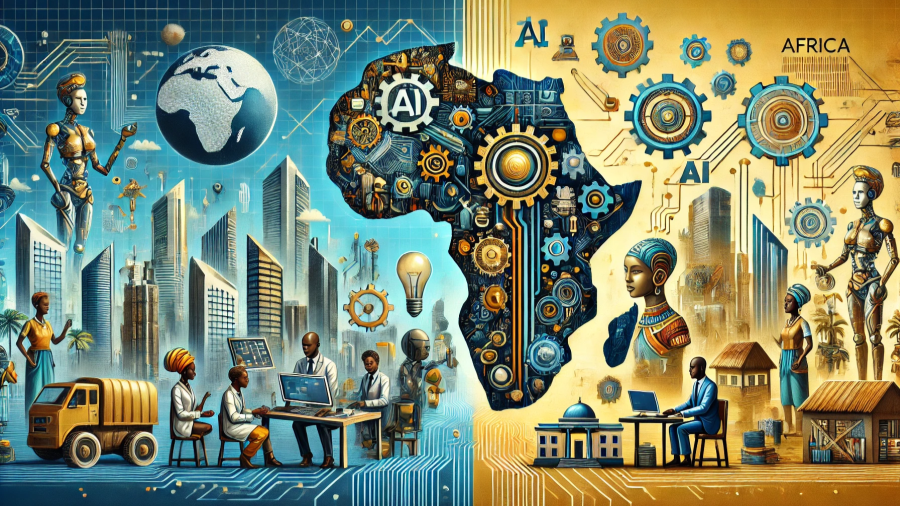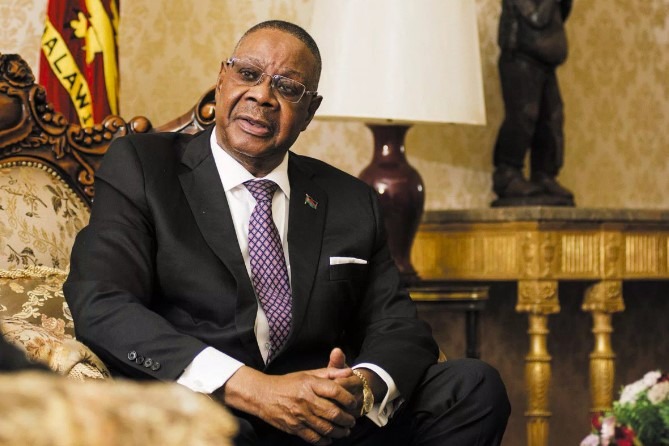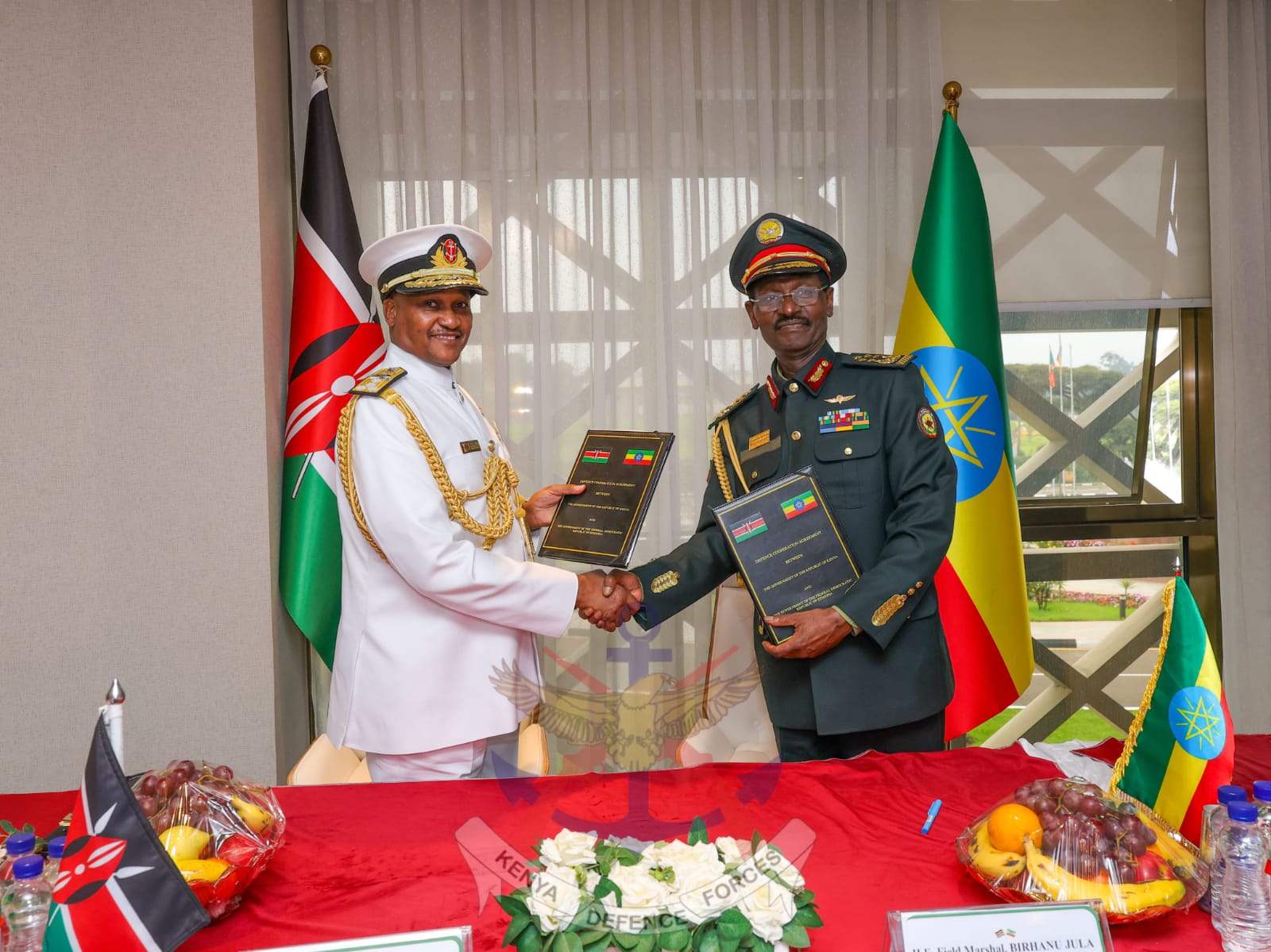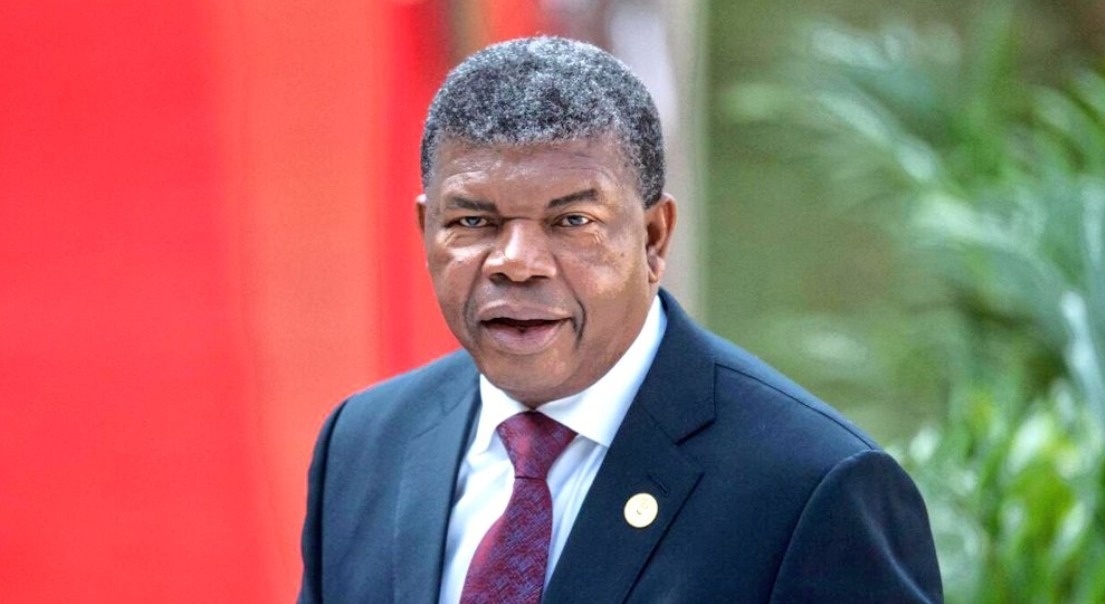AI in African newsrooms: Can artificial intelligence help tell Africa’s story accurately and at scale?

At a high-level seminar hosted this week at Xinhua News Agency’s Africa Regional Bureau in Nairobi, journalists, editors, and media scholars gathered to explore a pressing question of our time: If Chinese media is urged to “tell China’s story well,” can African newsrooms harness artificial intelligence (AI) to tell Africa’s story—accurately, ambitiously, and at scale?
The half-day event, themed “The Rise of AI in Journalism,” quickly moved beyond a technical discussion. It became a deep and urgent conversation about narrative power—how it is built, who shapes it, and how AI is reshaping the competition for attention and credibility in both local and global media.
A continent rich in stories, but lacking scalable systems
Speakers agreed that Africa is not short of stories. The challenge lies in speed, structure, and systems. Experts highlighted the need for infrastructure that can move stories across languages, platforms, and borders with consistency and authority.
In China, state-run outlets have already introduced AI news anchors, reflecting the country’s strong push toward automation in broadcasting.
Kenya has not reached that stage, but local newsrooms are increasingly experimenting with AI tools for translation, transcription, and content generation.
AI as an accelerant, not a threat
Li Wenfei, Deputy Director of Xinhua Africa and host of the seminar, reframed the AI debate by presenting it not as a threat to journalism but as an accelerant.
“AI can compress time through faster fact-checks, expand reach with multilingual output, and deepen context through data-driven insights, without giving away editorial control,” said Wenfei.
“Even though we have our own tools here, we still rely on human editors and journalists to make the final call. Technology supports the process, but it doesn’t replace professional judgment.”
AI cannot replace newsroom courage
Dr Chen Yingying, Associate Professor at Renmin University and former Chief Correspondent at Xinhua, joined virtually and urged participants to see narrative as a strategic asset, not just a by-product of news.
“The tool is only as brave as the newsroom,” she said, stressing that no amount of automation can fix poor editorial judgment or shallow reporting.
She explained that language remains one of Xinhua’s biggest challenges when covering Kenyan stories. Local slang, such as Sheng, often confuses AI translators, making human editors essential for nuance and accuracy.
These gaps, she noted, are being bridged through AI-assisted workflows combined with human oversight.





